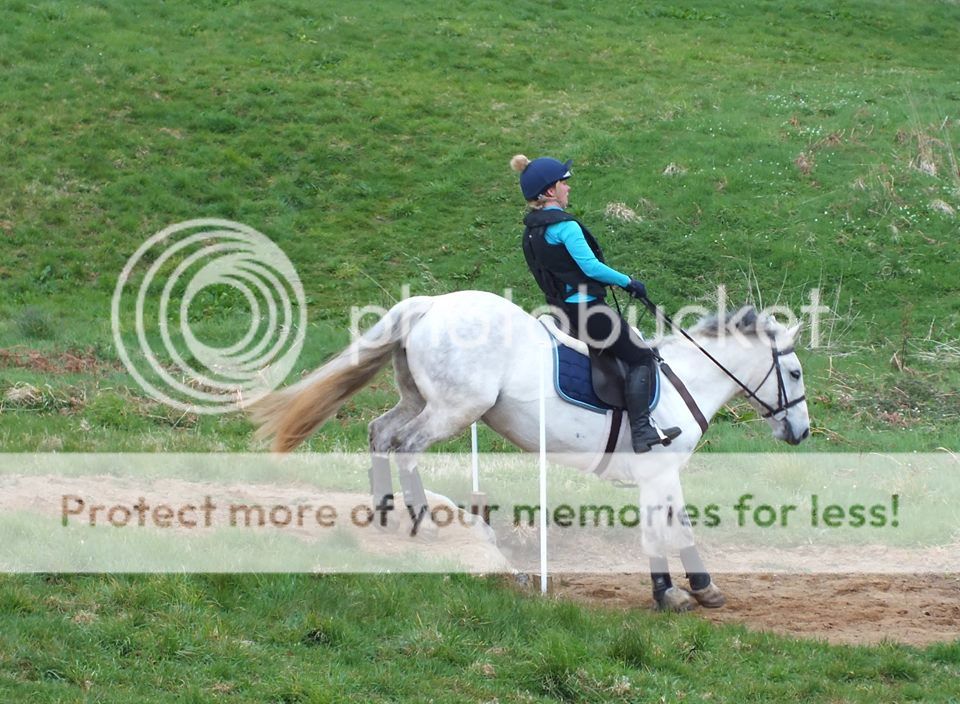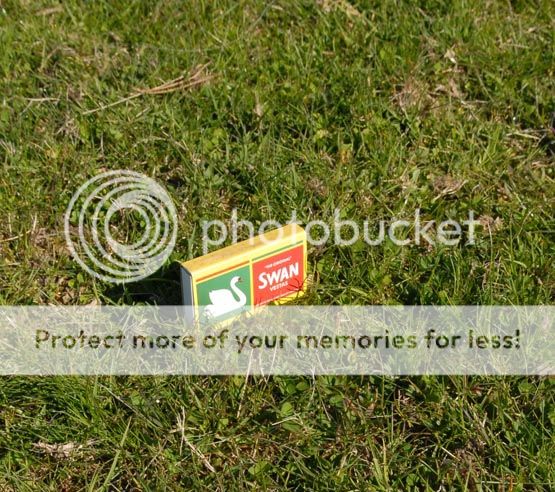moonmarker02
Member
Hi, I'm looking into loaning a highland pony, what kind of feeding tips would you give in general for a chunkier pony?


Don't!
Seriously though, they live on next to nothing - talk to JTFD who has the fittest looking Highlands I've ever seen.
See, now I consider that a LOT of grass!
My gang would consider that as being 5* all inclusive!
I agree with all the above.....to an extent. My three mares and a stallion are in a three acre paddock with ad lib access to hay. The grass would seem to be non-existent. Probably 10mm in height. (See photo below). Yet the ponies are grazing away, in good healthy condition, quite contendedly and the hay is ignored. The grass the youngsters are on is even shorter! Same thing. They have hay but it is only eaten occasionally when they've grazed off what has grown through over the previous few hours.
My point is that Highland ponies do need something going through their digestive systems. At this time of the year when the gras is growing fast, it is very rich and if there is any length to it native ponies tend to gorge. The fact that there doesn't appear to be any grass doesn't mean it's not growing and being eaten off as it does so.
So I'd tend to appear to be mean and supply an alternative (hay or straw) rather than put ponies on any sort of visible grass, if that makes sense! The worst of all systems is feast and famine. Pony is put on to fairish grazing (to human eyes) and starts to put on weight. So it is moved to a 'starvation paddock' with no grass at all. That teaches the pony to pig out and eat as much as it can the next time it has access to any grass at all. I like to think my ponies maintain a steady weight tending to lean. With a herd of about a dozen, there hasn't been one single case of Laminitis, or any illness come to that, in eight years. It is healthier to be thin than to be fat. Sadly, those interested in the show side do like to think Highlands should be "chunky" and fat isn't fat as all but "condition". But don't ever starve them!
The photo shows ample grass for Highland ponies with access to roughage...but it would probably starve a sheep!
